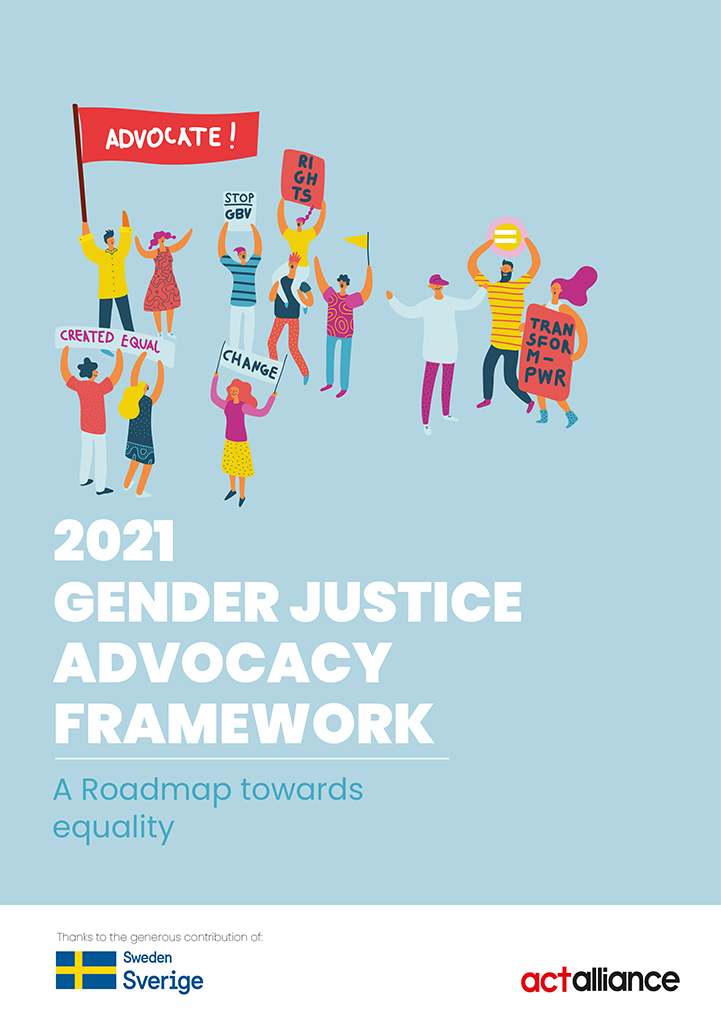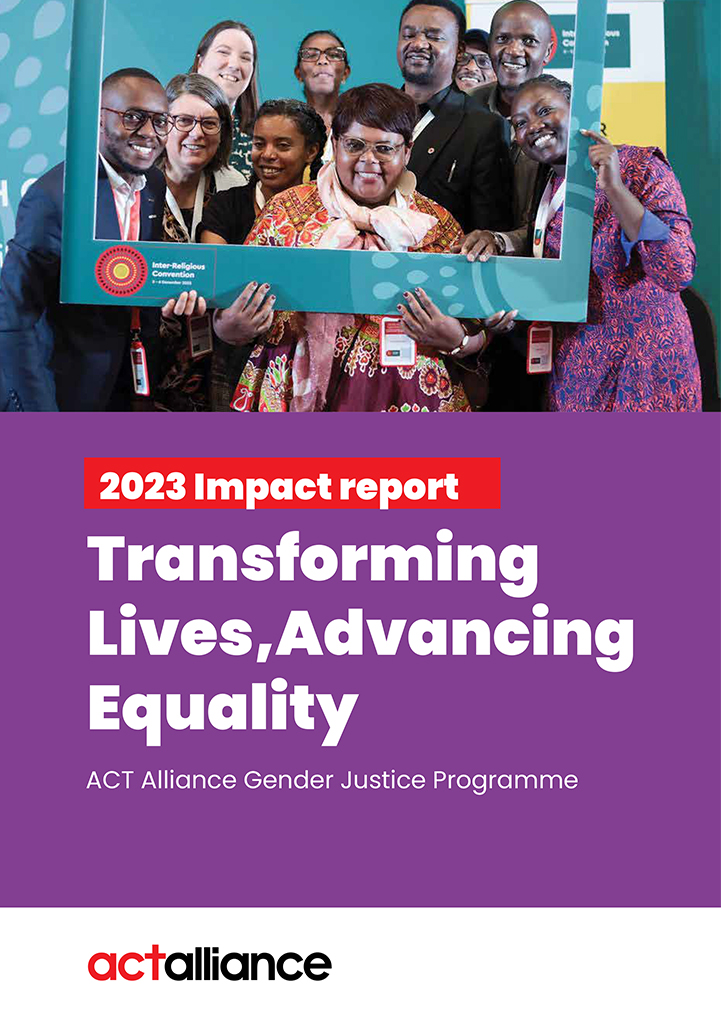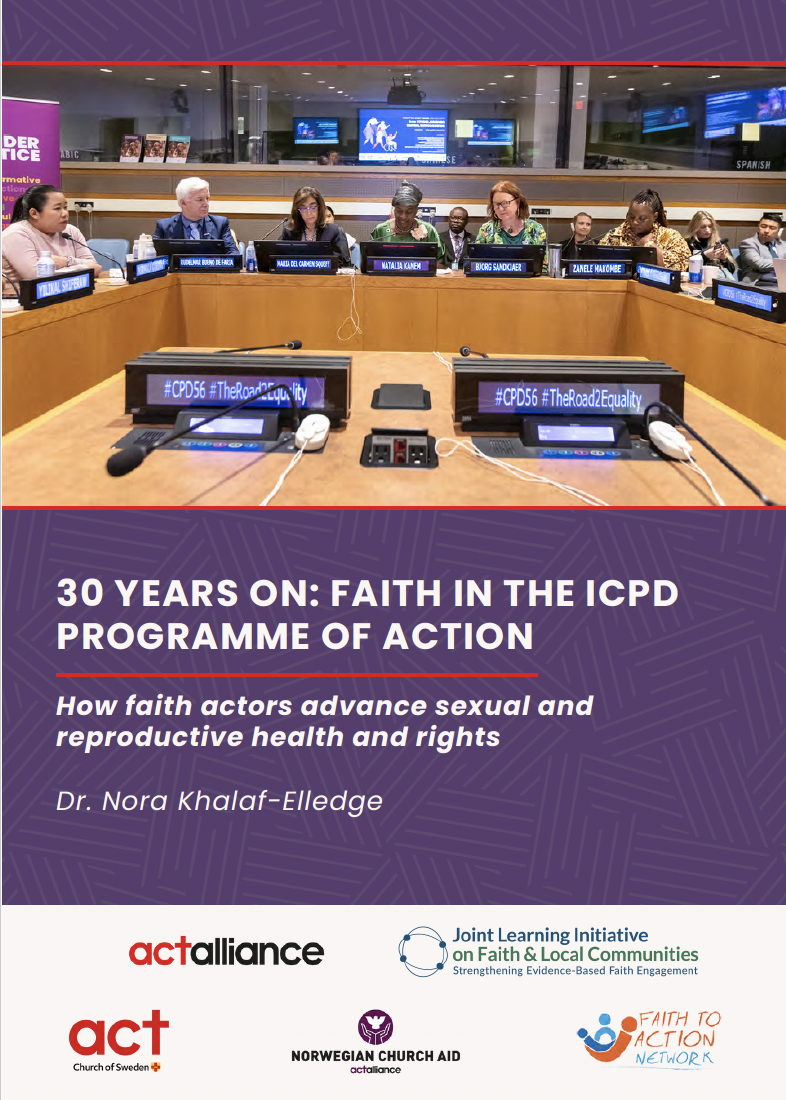
Sexual rights are the rights of all people to decide freely and responsibly on all aspects of their sexuality, including protecting and promoting their sexual health, being free from discrimination, coercion or violence in their sexual lives and in all sexual decisions, expecting and demanding equality, full consent, mutual respect and shared responsibility in sexual relationships.
Reproductive health rights concerns the complete physical, mental and social well-being including the concerns of persons with disabilities (PWDs), in all matters related to the reproductive system including a satisfying and safe sex life, capacity to have children and, freedom to decide if, when and how often to do so.
Why it’s important
- While maternal mortality has been decreasing consistently since the 1990s, close to 300,000 women lose their lives to pregnancy or childbirth causes. Most of these deaths and injuries are considered preventable.
- Over 200 million women worldwide, many of whom live in poverty, lack access to family planning services and products.
- To maintain sexual and reproductive health, people need access to accurate information and safe, effective, affordable and acceptable options. People must be informed and empowered to protect themselves from sexually transmitted infections. And when deciding to have children, women must have access to services that can help them have safe pregnancies and healthy babies.
What we are doing to help
ACT Alliance is committed to continuous dialogue, based on love, trust and transparency, within the alliance itself, with partner organizations and churches, to strive towards a change in societal norms, harmful attitudes about gender roles, including masculinities, reproductive choices, human sexuality, bodily autonomy, child marriage and stigmatization of HIV and AIDS, among other issues. ACT Alliance is supporting members to address the realisation of reproductive justice and access to sexual and reproductive health services by challenging inequitable attitudes on gender roles in relationships associated with risk such as increased sexual risk behaviour, low rates of contraceptive use, increased unwanted pregnancies and higher rates of HIV infection.











